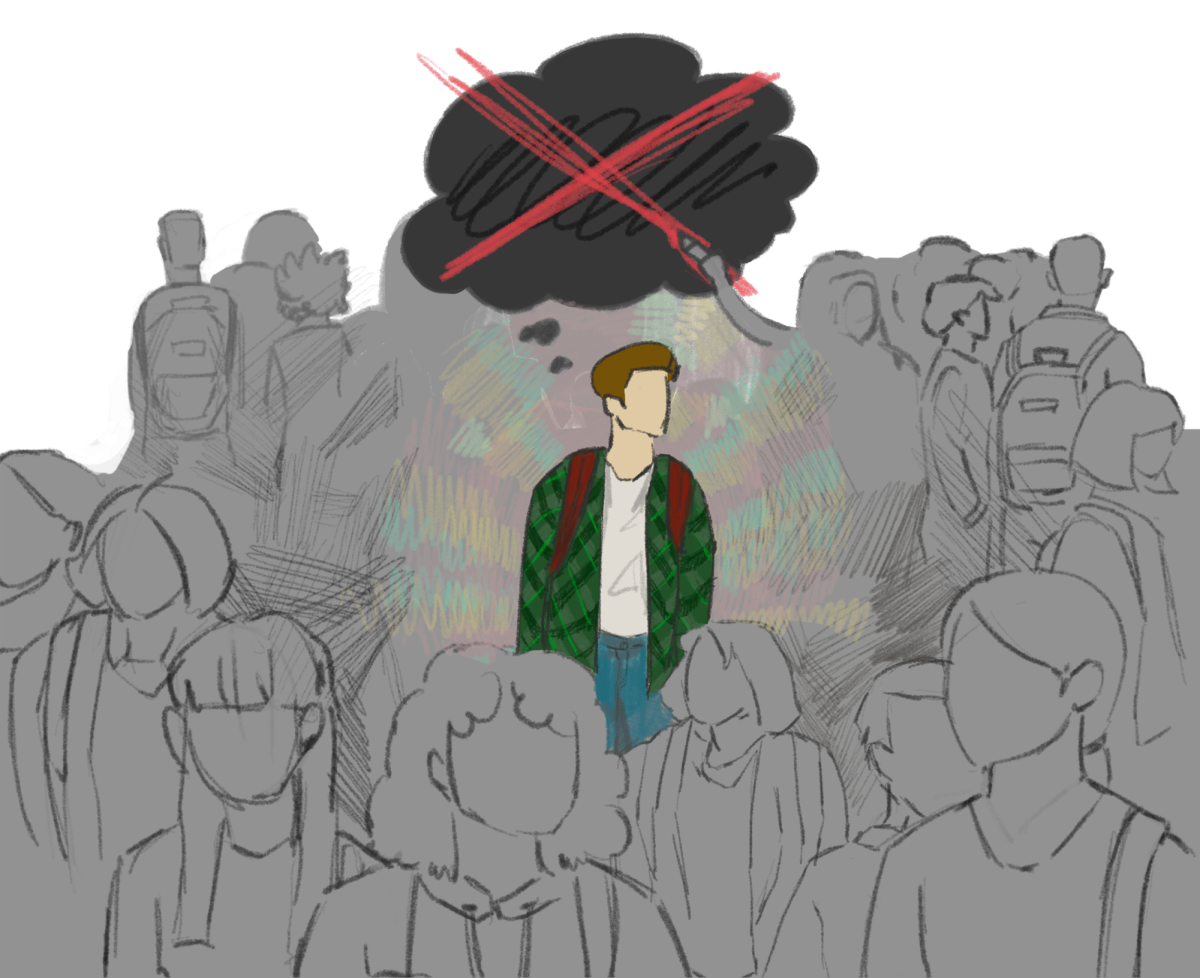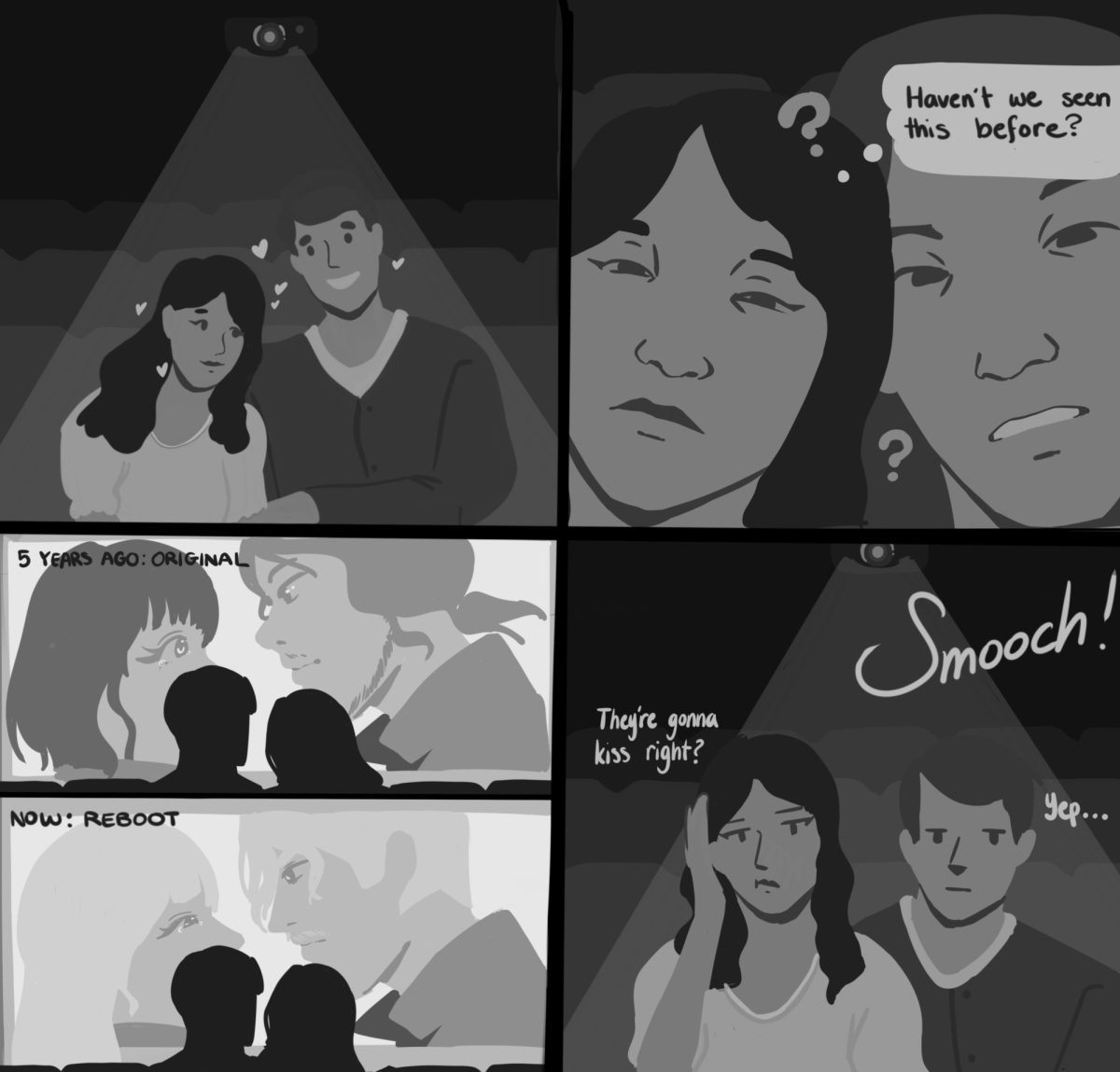The media perpetues
Written by Katie Russell
Over the last few years, as stories about sexual assault hit the headlines, the term “rape culture” has become commonplace. Rape culture refers to the normalization of rape that cultural and societal attitudes. It is in the media that rape culture does the most damage; on average, teenagers experience 14 hours of media per day. From music to movies and news channels, it presents a dangerous portrayal of rape by blaming or shaming victims and forgiving or excusing those accused or convicted of rape.
Media comes in many forms and has the power to convey powerful messages. Oftentimes, however, these messages can be extraordinarily negative, even going so far as to condone or trivialize rape. For example, the infamous song “Blurred Lines” by Robin Thicke and Pharrell Williams normalizes rape culture with lyrics such as “you know you want it” and a music video featuring topless women being paraded around. The tune is catchy but the fact that a song with such degrading lyrics is one of the best-selling singles of all time is troubling. Many other songs also make casual references to rape, including “Timber” by Pitbull and Ke$ha featuring the line, “she says she won’t but I bet she will” and the music video of “Animals” by Maroon 5, which consists of the lead singer’s actions escalating from stalking a woman to literally viewing her as a piece of meat. Many movies follow suit in this practice of trivializing rape. Romantic comedies tend to use clichés in which men pursue women until the women finally concede. Recent movies such as “Gone Girl” show the lead female character making false rape accusations. This portrayal endangers rape victims by discrediting their voices and experiences.
Media also tends to take the stance that rape is never okay unless the person accused of it is a celebrity. A multitude of male celebrities have been accused of rape, including Bill Cosby, Woody Allen and Prince Andrew of Britain. In all three cases, news outlets have neglected to extensively cover the accusations or have excused the celebrities outright. No matter how beloved or critically acclaimed a celebrity is, fame or talent should never be a justification for excusing or completely ignoring accusations of rape. Although it is certainly necessary to respect the concept of innocent until proven guilty, dismissive statements such as, “He never would have raped anyone,” are dangerous and harmful as they promote victim blaming and denial of sexual assault even in cases where the perpetrator is clearly guilty.
Another sphere in which rape culture is consistently perpetuated is in media coverage of court cases such as the infamous Steubenville case in 2012, in which a high school girl in Ohio was raped by two football players. In the ensuing court case, the students were convicted and sentenced to a minimum of only one year in juvenile detention. CNN commentators sympathized with the convicted criminals, stating that it was a shame “to watch what happened as these two young men that had such promising futures had their lives ruined”. These media personalities, even when faced with evidence that clearly was enough to incriminate the students in a criminal court, chose to side with the perpetrators of sexual violence rather than with the victim.
However, some people may claim that the media doesn’t really affect our perspectives and opinions. But teenagers experience around 14 hours of media per day and when these 14 hours are made up of slut shaming, victim blaming and perpetration of rape culture, it can have a real, dangerous effect whether we realize it or not. According to a study performed by the University of Iowa, teenagers exposed to sexist jokes and rape jokes are more likely to agree with statements that promote rape culture. To combat these negative effects, schools should offer courses in media literacy. Although the current Living Skills curriculum includes a discussion of the portrayal of women and sexual violence in the media, its emphasis should be standardized across the nation or state. However, media literacy in schools should not stop only at Living Skills; rather, it should be emphasized in social sciences classes such as psychology, English and social studies electives. As difficult as it may be, it is necessary for everyone to become conscious of his or her own possible trivialization of sexual violence, in casual jokes or conversation.












